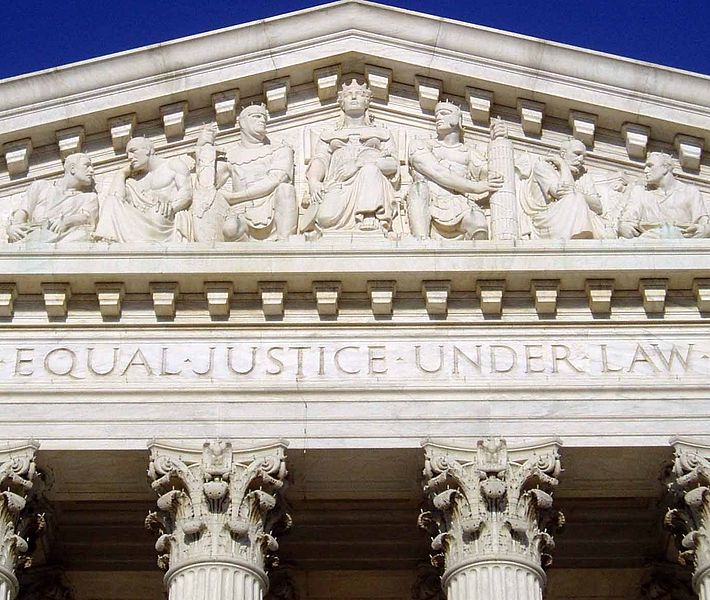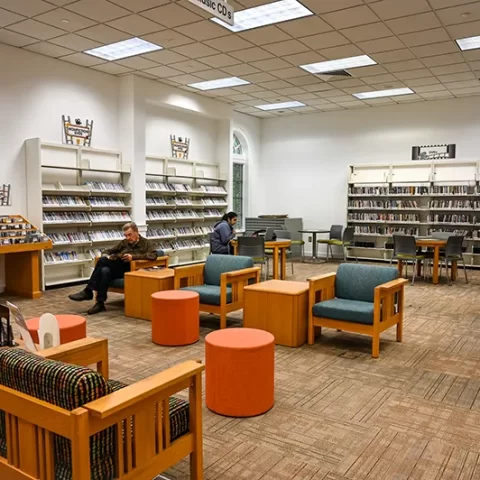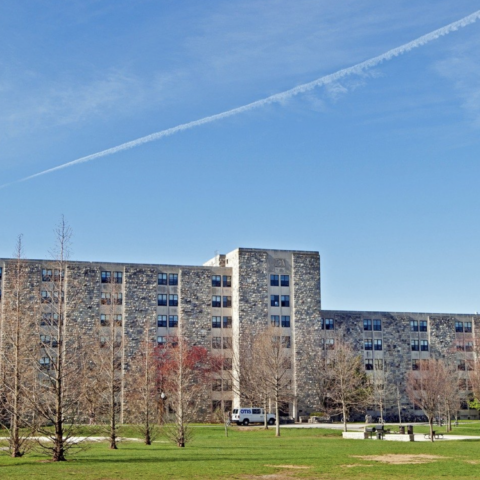By: Kaitlyn Walker

It happens every time without fail. I take my seat in any given International Affairs course at the University of Georgia, and bide my time. The topic of America’s capitalist worldview comes up; I grip my seat in anticipation. Within minutes, a professor, a student, or a teaching assistant begins to discuss the redistribution of wealth. This topic that never fails to arise in public policy discussions is also a convenient litmus test of the political leanings of each member in the classroom. As a conservative female student in a major that’s generally targeted towards far more liberal students, I often feel like the unicorn of the International Affairs department: my views are so rare and unbelievable, my contemporaries are often surprised when I first respond to a Socratic question from a conservative perspective.
Collegiate classrooms, particularly in the School of Public and International Affairs, are by design, partisan forums. Obvious partisanship is not a concept many students are exposed to in scholastic settings prior to college, particularly within the confines of the public school system. Being educated in a public school shelters students from partisan subjects on almost every level: religion, politics, sexuality, etc. The openness of a college classroom setting has a certain shock value for most students. However, this candid environment does infinitely more to develop students into well-informed adults than a society that has otherwise lost its forums for political debate amongst young people.
There are two primary justifications for the apolitical protocol adopted by teachers in most primary and secondary school systems. Public schools are designed to accommodate a variety of students in a geographic locale that may be of any given race, gender, or income. This one-size-fits-all style of education is meant to avoid excluding any student based on their religious or political beliefs by simply avoiding these divisive topics altogether. Further, many of the subjects at these lower education levels are not inherently political in the way that a more major-specific class could be at the university level.
It is no surprise then, that record numbers of American youths are increasingly uninterested in civic engagement. A Center for Information & Research on Civic Learning and Engagement exit poll from the 2012 Presidential Election noted a trend of decline in 18-24 year old voter turnout as compared with the two prior elections. Regardless of the debate over the bias of exit polls, American youth should strive to be more involved in their nation’s political destiny. Encouraging partisanship in the classroom is an ideal setting to do so, particularly when students are something of a captive audience for the allotted class time.
There is the possibility that increased transparency of professors and students regarding their political affiliations in the classroom could have the effect of “singling out” individuals, like myself, who hold conflicting political affiliations to the majority of the students and teachers in the classroom. This concern, however, seems far-fetched at best. First, regardless of the political leanings of the individual or the statements they are making, it would be remiss to have so little faith in the education system as to believe that a dissenting opinion, if well-formulated and logical, would not be given equal validity as a confirming one. It seems the goal of becoming educated is to be able to express oneself convincingly regardless of the topic or the audience. Secondly, identifying political beliefs in a classroom setting exposes students on either side of the proverbial aisle to hear viewpoints that they may not otherwise be exposed to if they were learning in an apolitical classroom.
The success of CNN and Fox News rests largely on each network’s ability to convey to its target audience the viewpoints its audience expects to hear. This is a phenomenon which has long been attributed to the decline of more balanced major networks like ABC or NBC. As a result, if American youths are watching the news, they are more likely to be watching partisan channels or basing their beliefs upon family or cultural political leanings. This practice can inhibit their ability to understand the argumentation and viewpoints of opposing political parties. Encouraging political transparency in a collegiate setting provides the opportunity for exposure to different affiliations, while also forcing students to evaluate why they are affiliated with one party or another, rather than simply regurgitating party platforms they were taught from their parents or religious organizations. Students, particularly those who are in the political minority, would develop the ability to clearly articulate their viewpoints in a more compelling manner.
In my own experience, choosing a major that focuses on viewpoints at the opposite spectrum of my own has made me a stronger student and a more informed citizen. Since I am often the only person defending my viewpoint, I have to package my arguments strategically so that they are persuasive to my classmates. As a result, they are better developed than they ever could have been if I had only been exposed to students who shared my political affiliation.
Debate should be encouraged in classrooms at every level, so as to expose students to a variety of viewpoints as they mature in their education. This is not to say open political debate should occur in primary and secondary classrooms on an every day basis, particularly if the class itself has no direct link to the political realm. Becoming overzealous about politics with students at a young age may have the effect of discouraging them on the basis that they spend too much time surrounded by policy discussions in school to stay actively interested outside of school. However, students and teachers at the primary and secondary levels should, conversely, not be discouraged from political debate if the subject arises organically, or occurs in a class that is clearly linked to politics. Avoiding the subject purely for the sake of secularism is a disservice to students, who during these formative years of education are developing opinions as individuals in all aspects of life, including politics. Some exposure to political debate in the years prior to college can then prepare students to conduct insightful political debates upon reaching collegiate classrooms, with the ultimate goal of closing the gap of disillusionment with civic engagement.
While political debate is most salient in political science and international affairs classes, and should occur consistently in these classes at present, the spectrum could certainly be broadened to classrooms without “political” or “international” in the title. The benefit is obvious: college students will quickly be assimilated into society as functional adults upon graduation. Failing to fine-tune their political sensibilities prior to graduation means committing a generation of young adults to an unengaged, or worse, uninformed, political destiny. While ideally the privilege civic engagement should be enough to groom young adults to be actively interested in political debate, it is certainly not a guarantee that they will be simply because the option exists. The only way to guarantee they are, at the very least, exposed to political debate is to encourage fluid discussions in the classroom, particularly at the collegiate level. It may not be “fair and balanced,” but I certainly prefer my classroom this way.

